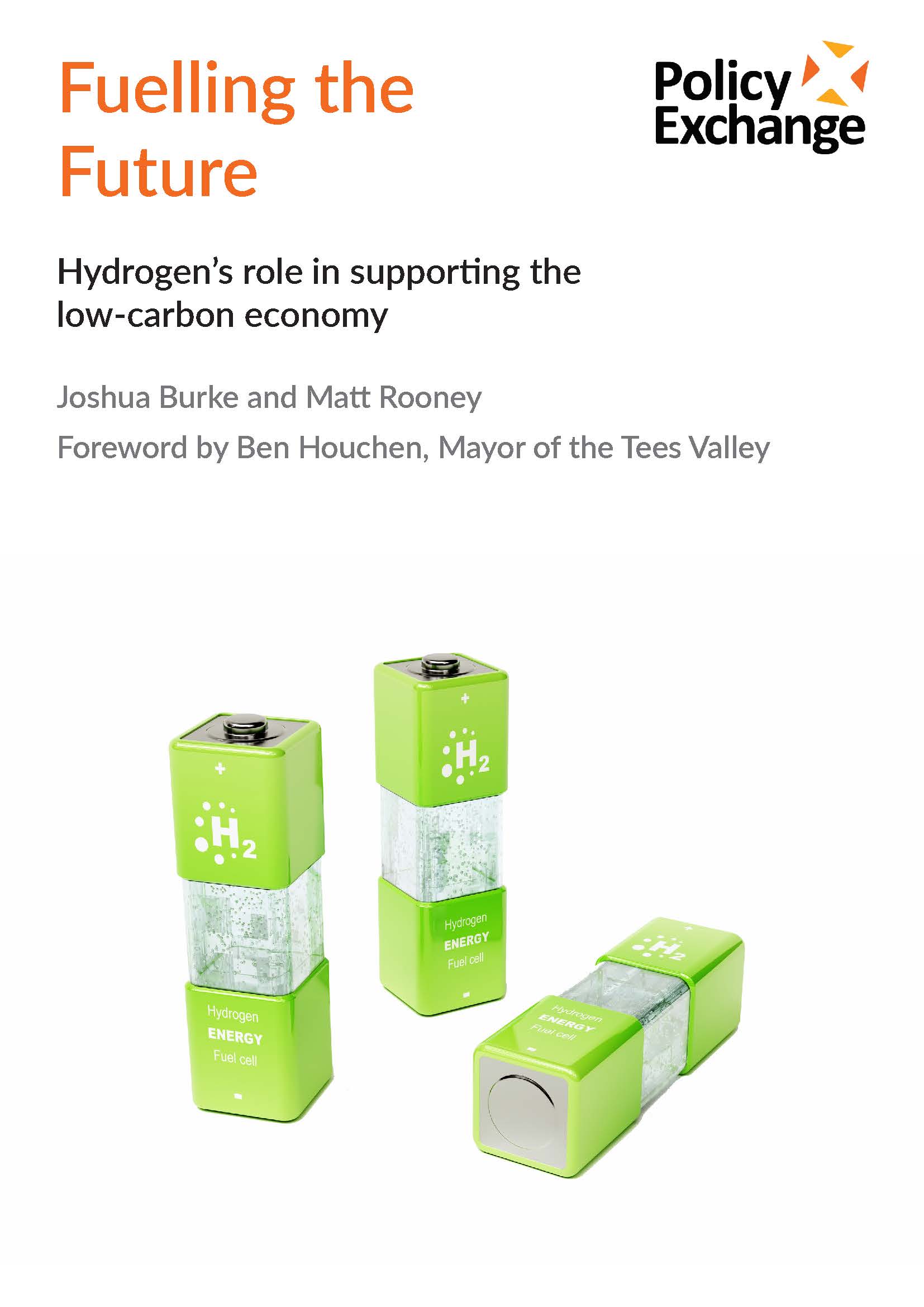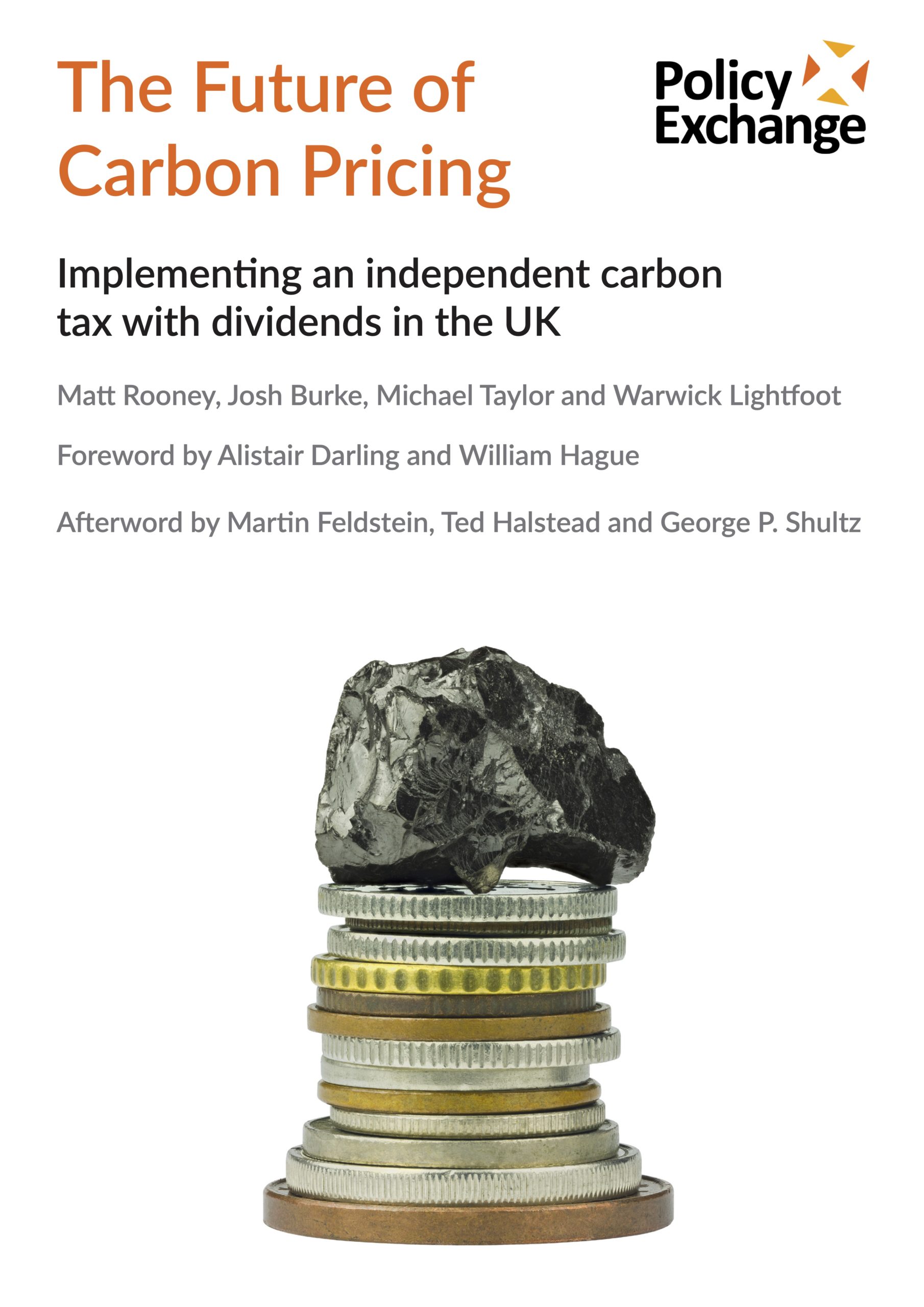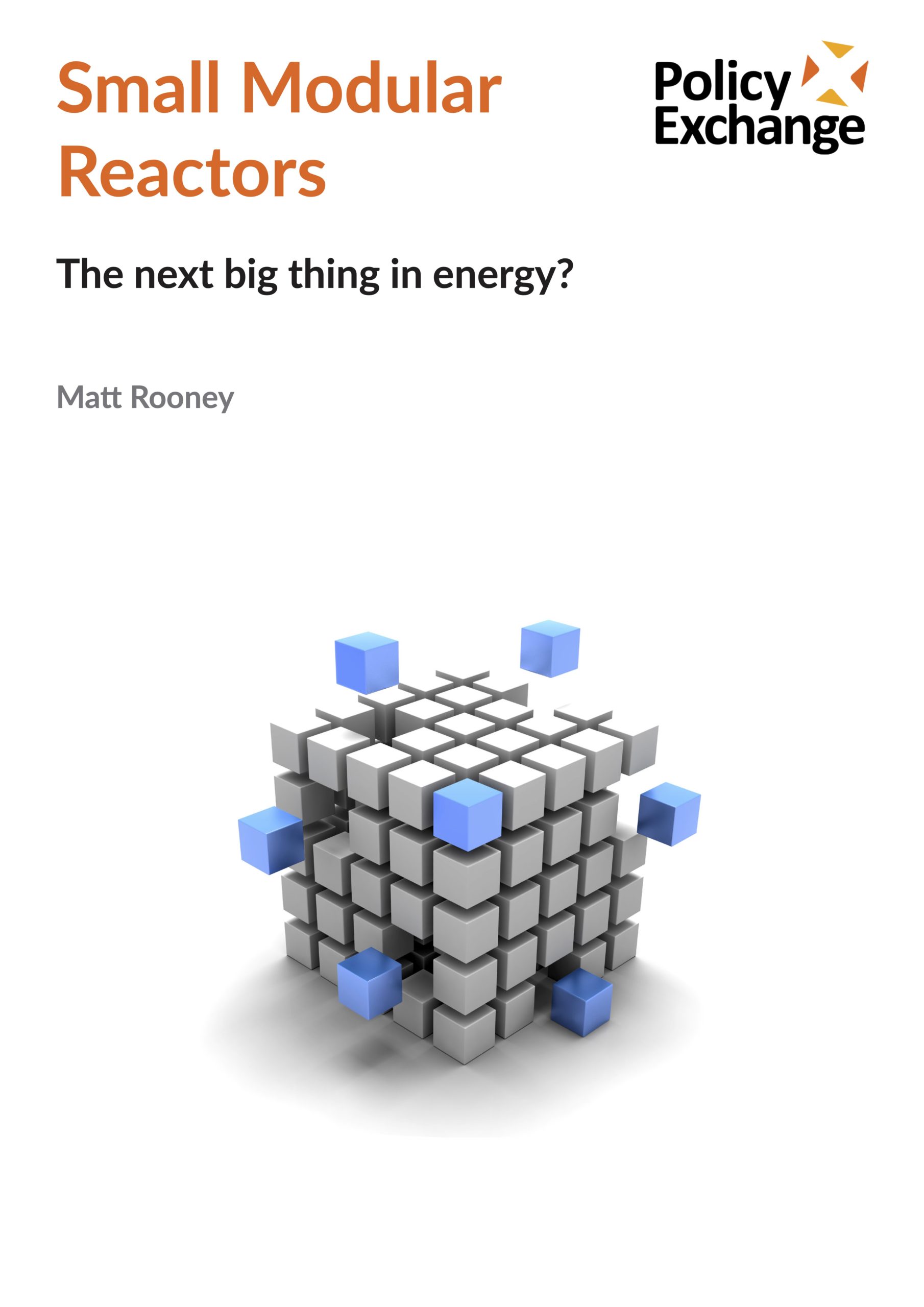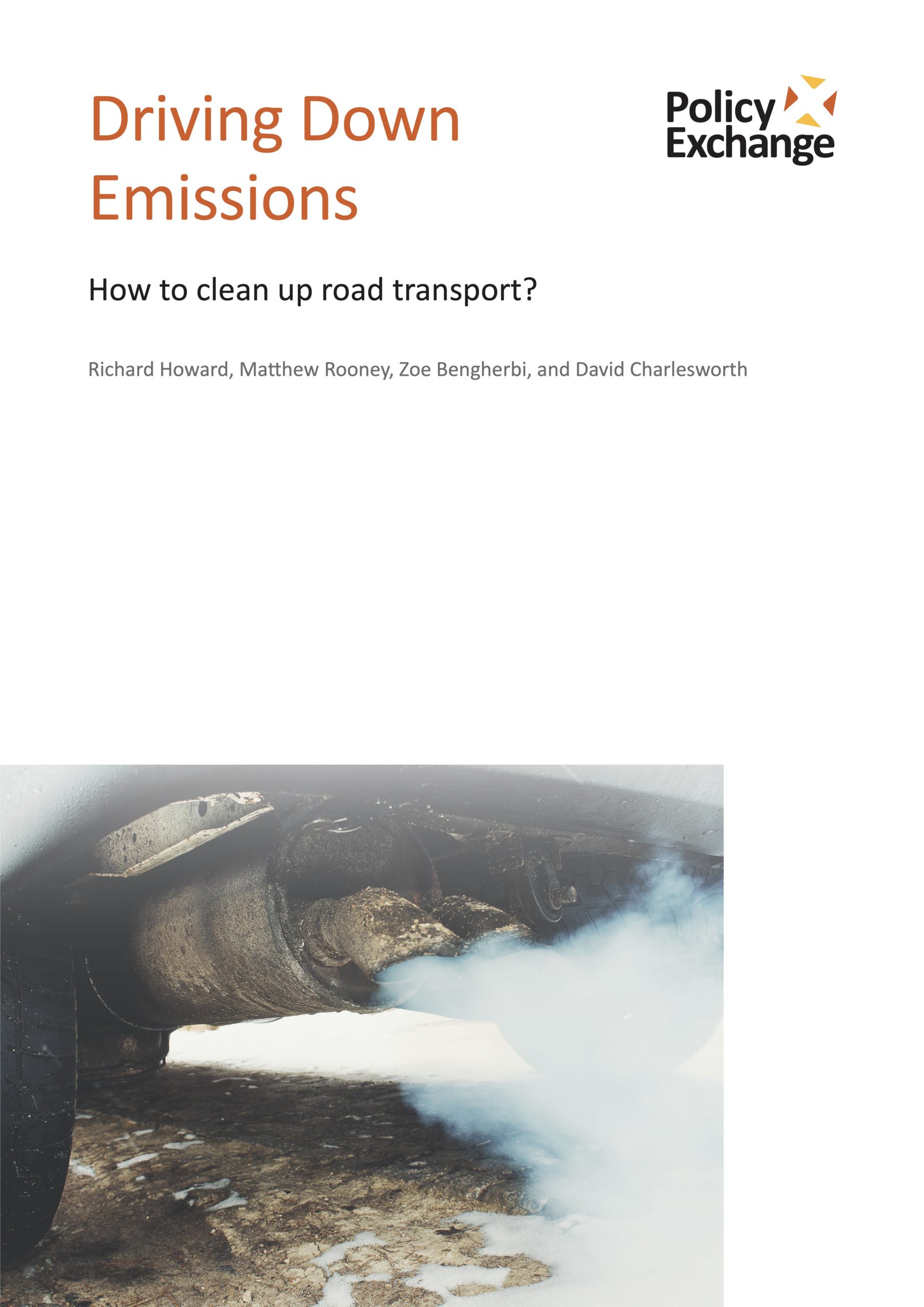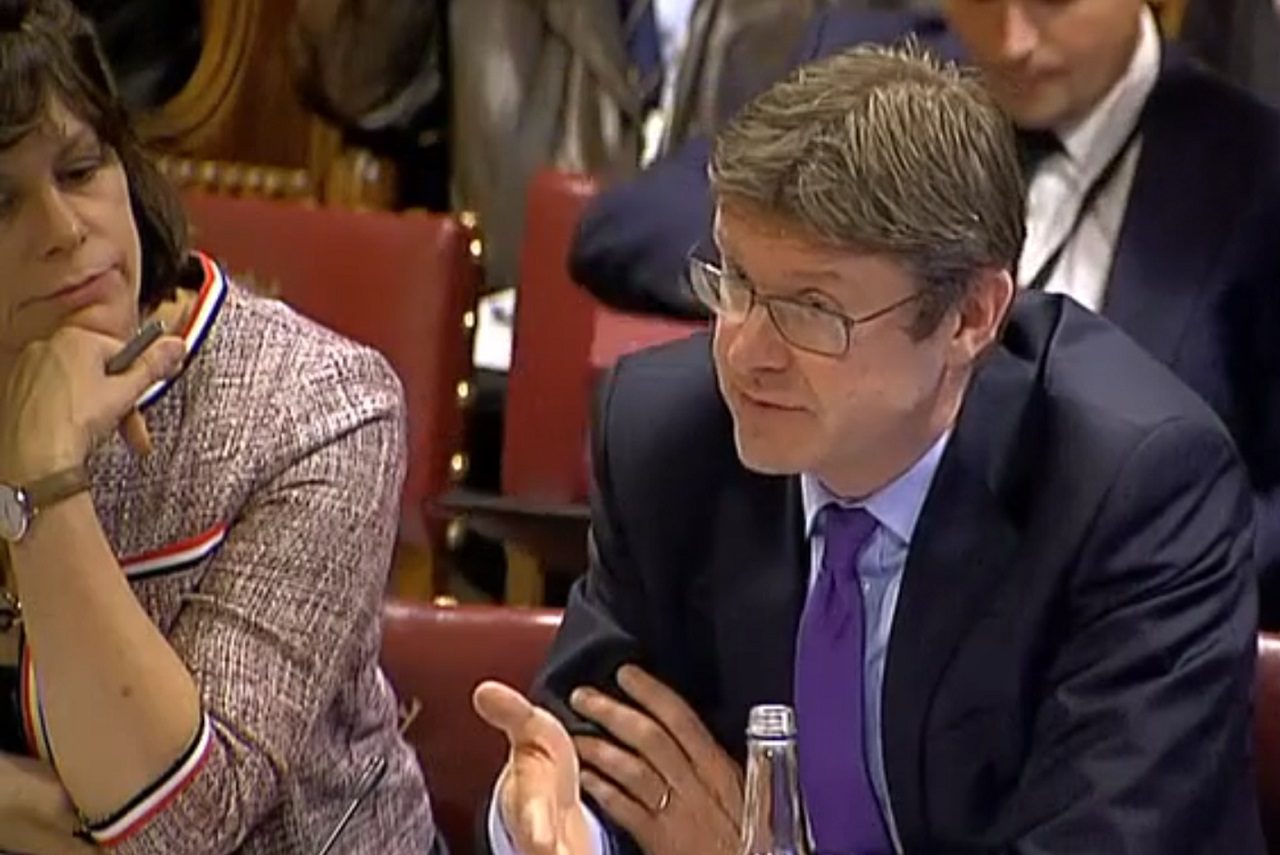Matthew Rooney
Energy and Environment Research Fellow
Matt Rooney joined Policy Exchange in 2017 as a Research Fellow in the Energy and Environment Unit. From 2011 to 2017 studied for an MPhil in Technology Policy and a PhD in Energy Policy at the University of Cambridge, where he researched strategies for the deployment of new energy technologies, with a particular focus on carbon capture and storage and nuclear power. Prior to this he was employed for six years at the STFC Rutherford Appleton Laboratory, where he designed components for international particle physics experiments. He is a British Science Association Media Fellow, having worked briefly as a science policy
journalist with Times Higher Education. He is a fully chartered member of the Institution of Mechanical Engineers and holds an MEng in Mechanical Engineering from the Queen’s of University Belfast.
At the prestigious annual Prospect Think Tank of the Year Awards, Policy Exchange has won best UK think tank in the Energy and Environment category.
Policy Exchange's report on Small Modular Reactors featured in a Financial Times article on the challenges faced by the nuclear industry. Energy and Environment Research Fellow Matt Rooney commented that SMRs are "among the best options for meeting the “previously unthinkable levels of new low-carbon electricity” that will be needed in coming years to charge electric vehicles and replace coal and gas".
Scotland and North East England offer the best opportunities for successful hydrogen production hubs, while investment in cost-effective hydrogen production technologies - such as electrolysis - would open up export opportunities and address both the Industrial and Clean Growth strategies, according to the new report from Policy Exchange’s award-winning energy team, with a Foreword from the first elected Tees Valley Mayor, Ben Houchen.
A economy-wide carbon tax paid by both domestic and international producers would prevent carbon leakage, level the playing field for Britain’s heavy industry, fund a dividend to be paid to taxpayers and tackle climate change, argues the new report from Policy Exchange’s influential Energy unit, The Future of Carbon Pricing: Implementing an independent carbon tax with dividends in the UK. A better approach would reduce the cost of decarbonisation, prevent the offshoring of emissions and make carbon pricing popular.
Small modular nuclear reactors could be a crucial technology in the drive to decarbonise our energy system, according to Small Modular Reactors: The next big thing in energy? The increased take-up of electric vehicles, the general electrification of our energy system and the need to decarbonise all sectors of our economy mean we need new low carbon sources of electricity and heat to replace existing capacity and meet rising future demands. We need a reliable and affordable low-carbon form of energy – small modular reactors have the potential to be that technology.
In this major new report — by Policy Exchange's Head of Energy and Environment, Richard Howard, alongside Matt Rooney, Zoe Begherbi, and David Charlesworth — the case is set out that the Government must take more action now to tackle the twin problems of greenhouse gas emissions and air pollution from road transport. Amongst other key findings, the report's analysis reveals that hitting carbon targets will leave a £9-23 billion p.a. hole in tax receipts by 2030, and that official estimates of vehicle emissions and fuel efficiency are highly misleading.
The recent cold snap – and the ensuing spike in home heating oil prices – underscores the decarbonisation challenge in Northern Ireland, argues Policy Exchange’s Matt Rooney.
Energy and Environment Research Fellow Matt Rooney analyses the Government's long-term plans for nuclear power. Could Small Modular Reactors be a solution?
The cost of energy is frequently cited as one of the issues voters care about most, but how can we bring costs down? Various new electricity generation technologies, like wave energy, tidal lagoons and small modular nuclear reactors, stand on the precipice of mass deployment. But industry alone may not be willing or able to make the leap from demonstration and commercial deployment. Should the Government intervene to help bridge the gap? In this article originally published in Business Green, Policy Exchange Research Fellow Matt Rooney explores the concept of ‘technological learning’. Can other technologies replicate the success of solar panels and wind turbines to bring costs down and make them competitive with established technologies?
Matthew Rooney, Energy and Environment Research Fellow at Policy Exchange, responds to Dieter Helm’s recent Cost of Energy Review. The review, commissioned by the Government and released last week, sparked much debate online. The main dividing line, Rooney explains, is between those who believe that an activist state and large subsidies for renewable energy deployment are necessary to bring down costs, and those who think the Government’s main role is to create a level playing field for low carbon technologies to compete without subsidy. Helm’s big idea is a carbon tax with border carbon adjustments. Could that work and what are its potential benefits?
Policy Exchange's Energy and Environment Research Fellows, Matthew Rooney and Joshua Burke, respond to the Government's Clean Growth Strategy. The long awaited strategy document detailing how the UK will meet their emissions reductions targets was published on Thursday. In it there is positive news for onshore wind, nuclear power and the hydrogen economy, whilst fracking is a notable absence. A next big decision for the Government to make is whether the UK will remain in the EU Emissions Trading Scheme. Policy Exchange are currently conducting research into the potential benefits of leaving the scheme and implementing a British carbon tax system.
Matt Rooney, Policy Exchange's Energy and Environment Research Fellow - argues that marrying the visions for CCS and hydrogen manufacture could bring multiple benefits to the UK.
Matt Rooney — Policy Exchange's Energy and Environment Research Fellow — reflects on the way in which the Government’s view that leaving the EU must also mean leaving Euratom has made this previously obscure treaty into a 'political battleground'. Calling for a national discussion about how to withdraw from Euratom smoothly, he posits that this will be the 'first real test of the UK’s ability to leave the EU and open up to the world'.



